As protests in Hong Kong continue over a controversial extradition bill, there has been much speculation over embattled leader Carrie Lam’s grip on power—particularly as to whether her backers in Beijing still trust her.
“[Lam] has to stay [in her position] to clean up the mess she created,” one source told the Financial Times. “No one else can clean up the mess and no one else wants the job.”
Public discontent against Lam’s pro-Beijing government has been building since it first proposed the controversial extradition bill in February. If passed, the bill would allow people of any nationality to be extradited to mainland China from Hong Kong, and then subjected to trials in courts controlled by the Chinese Communist Party.
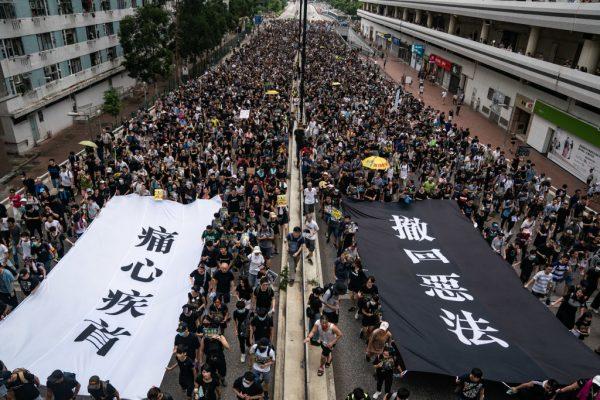
Debate for the second reading of the bill was suspended on June 12 after hundreds of thousands of protesters surrounded Hong Kong’s legislative council building in Admiralty, effectively preventing councillors from entering. Lam announced that the bill was indefinitely suspended on June 15.
On July 9, Lam called a press conference, saying that the bill was effectively “dead,” but she refused to withdraw it.
On top of anger directed at Lam’s for her refusal to fully withdraw the bill, protesters have denounced the excessive use of force by police, including the firing of rubber bullets and tear gas, against peaceful protesters and journalists covering the protests.
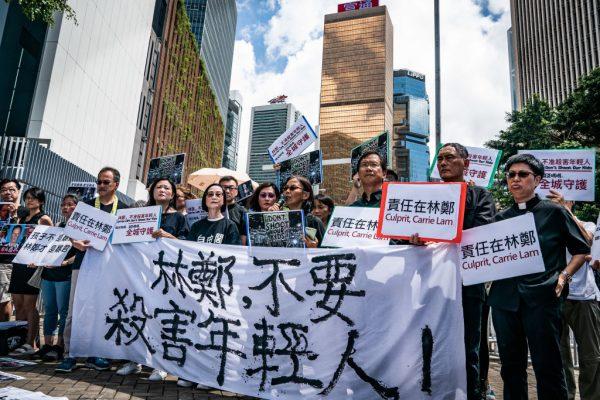
While protesters were calling for Lam to resign during protests in June, they began voicing a new demand in July—universal suffrage for members of the Legislative Council (LegCo), including the position of chief executive.
When the Financial Times reached out to Lam about her attempt to resign, her office stated: “The chief executive has made it clear in public that she remains committed to serving the people of Hong Kong.”
In response to Lam’s offer to resign, Beijing gave a “stern” response, saying that the situation in Hong Kong “would be even harder to turn around” if she were to resign, according to HK01.
“You can’t just quit when you like and walk away when it comes to dealing with Beijing,” Lo said, adding that Beijing had to “weigh domestic and regional risks and find a replacement” if Lam were to resign.
Lo stated that he believed Beijing would want “Lam to at least repair some of the damage caused by the extradition bill fiasco before leaving to help any successor.” But he added that Beijing would “certainly want her gone” before the next LegCo elections in September next year.
There have been precedents in Hong Kong for top leaders stepping down following public protests.
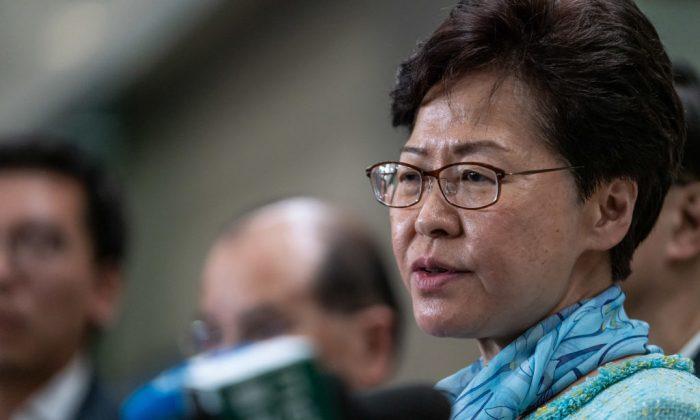

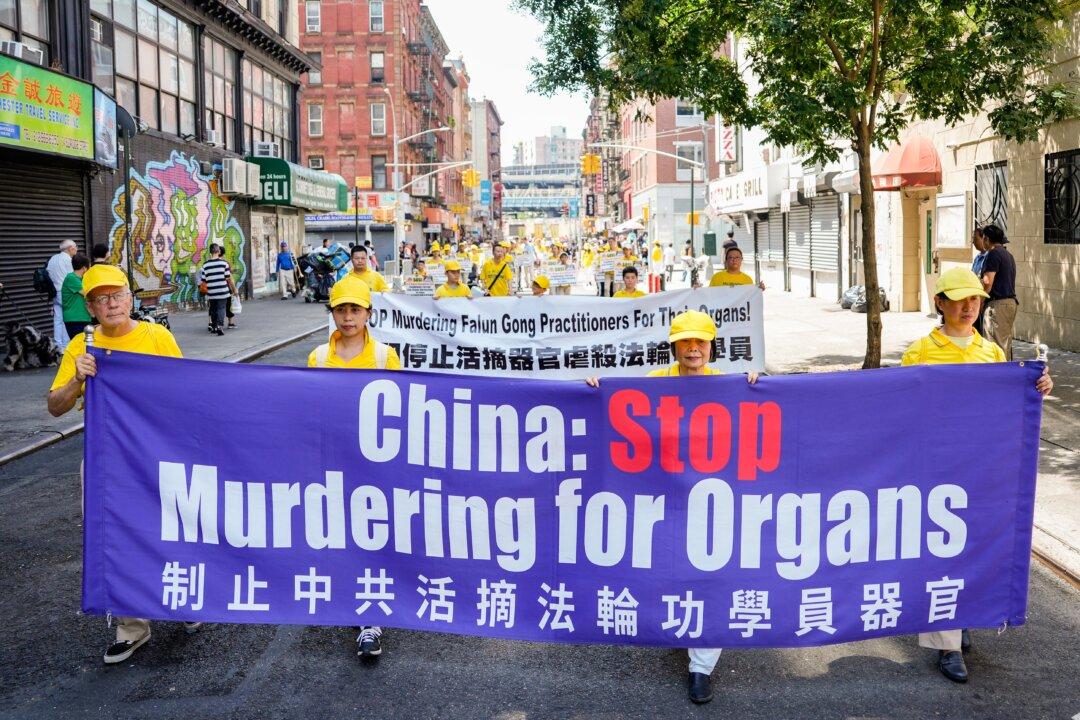
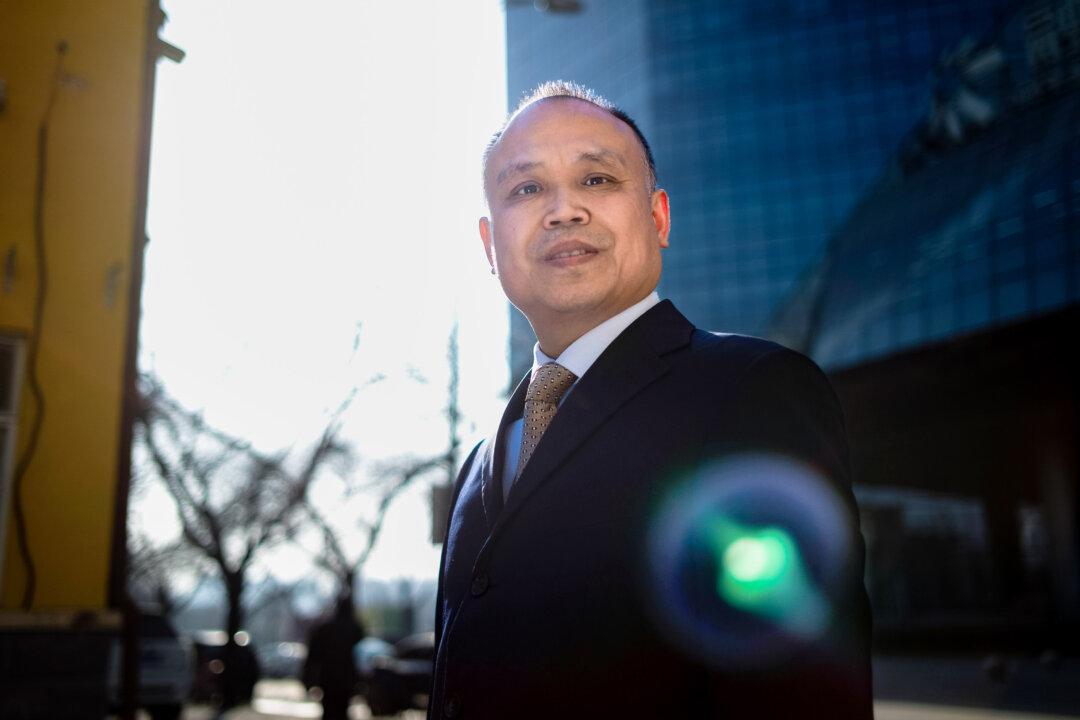

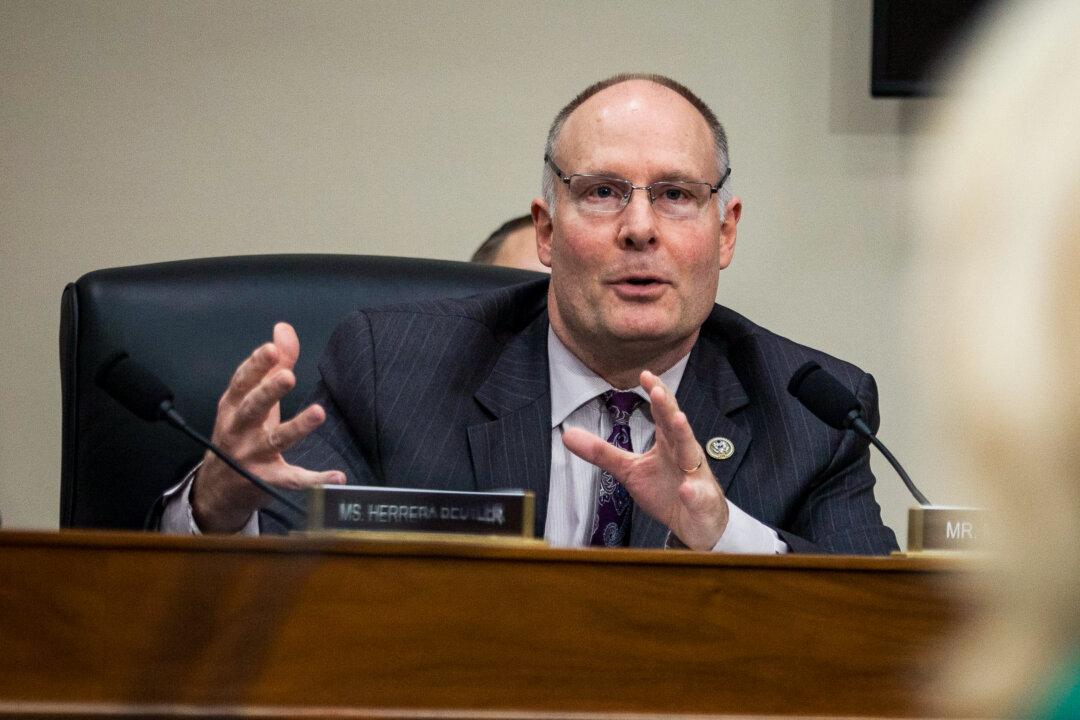
Friends Read Free